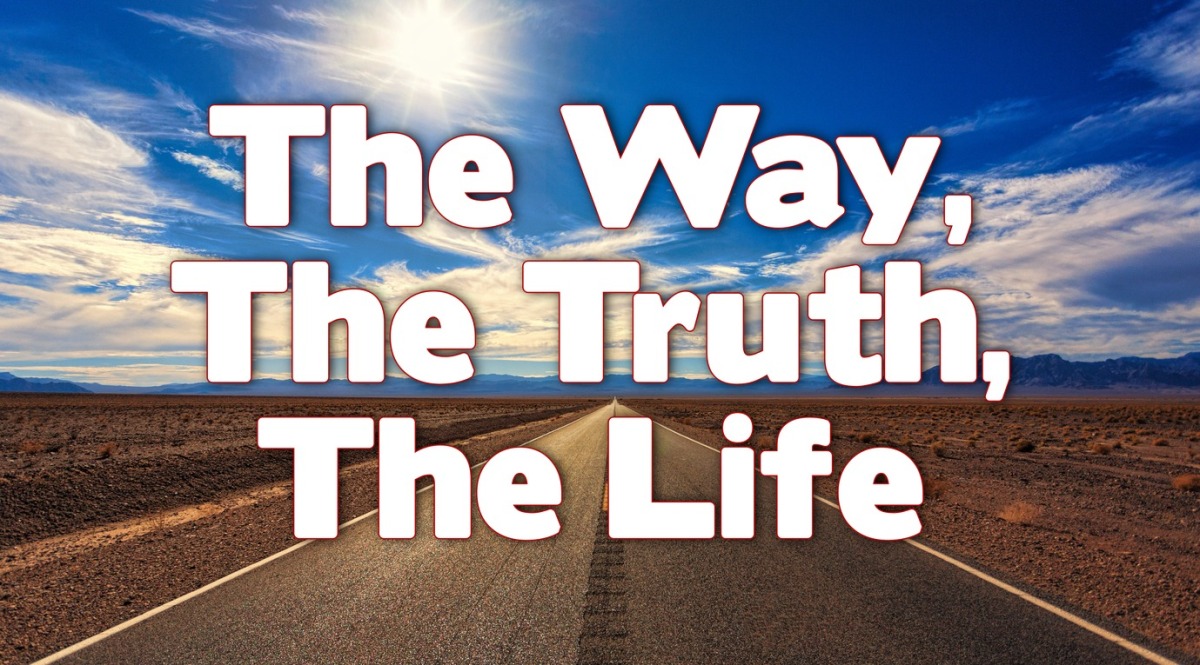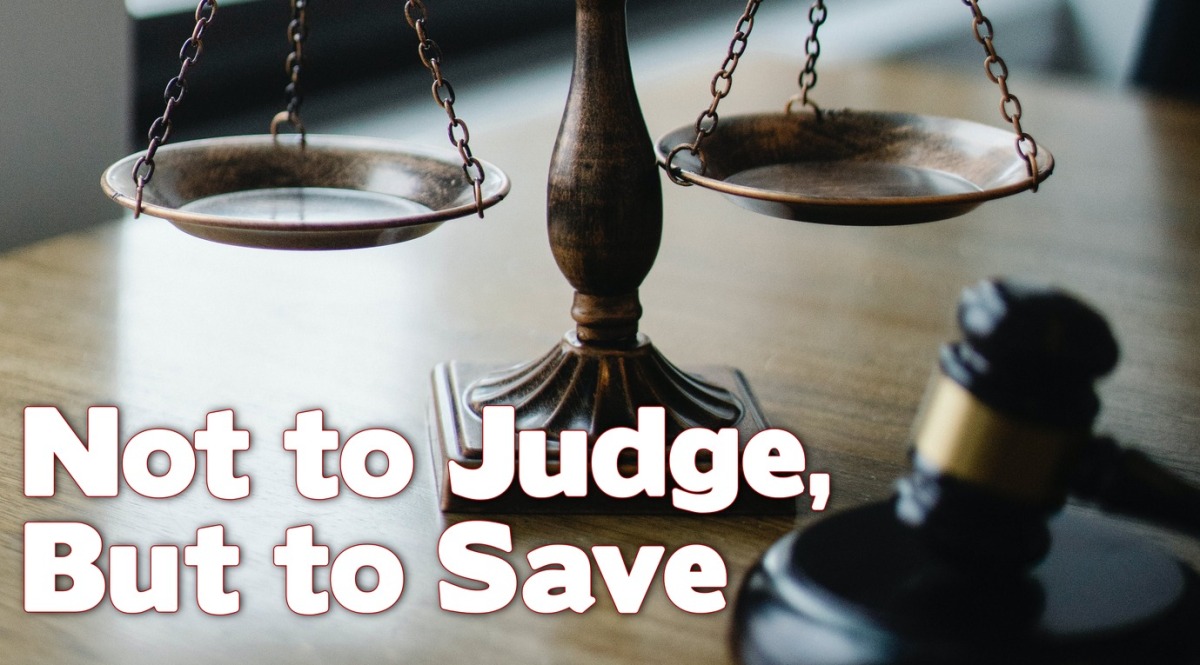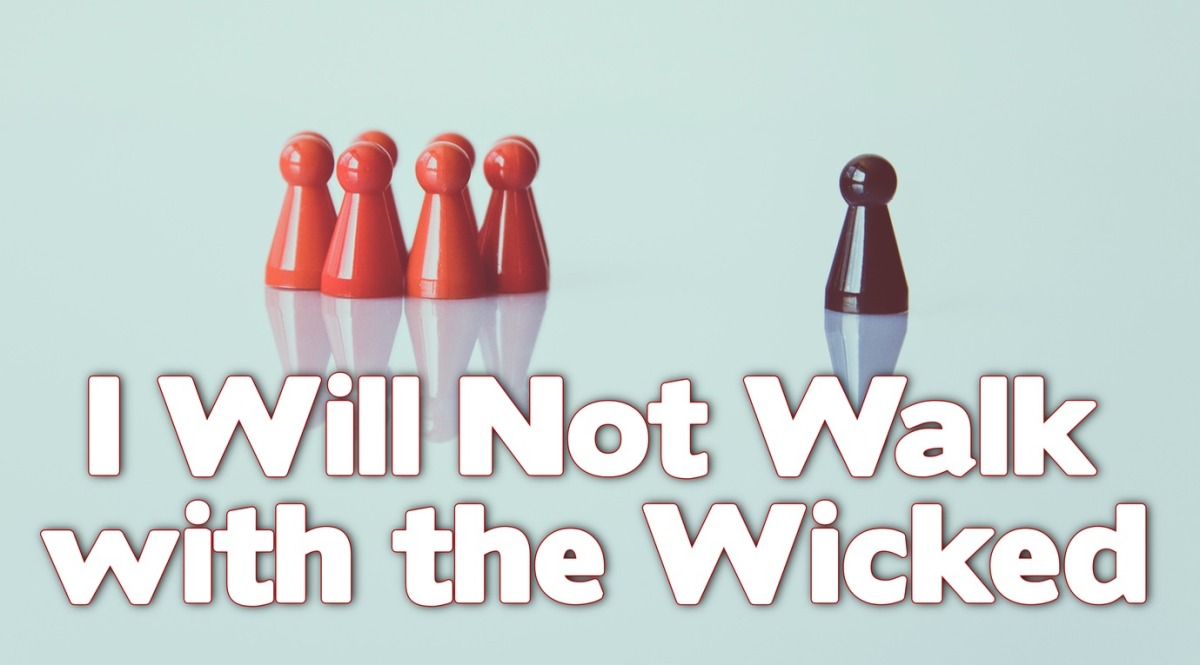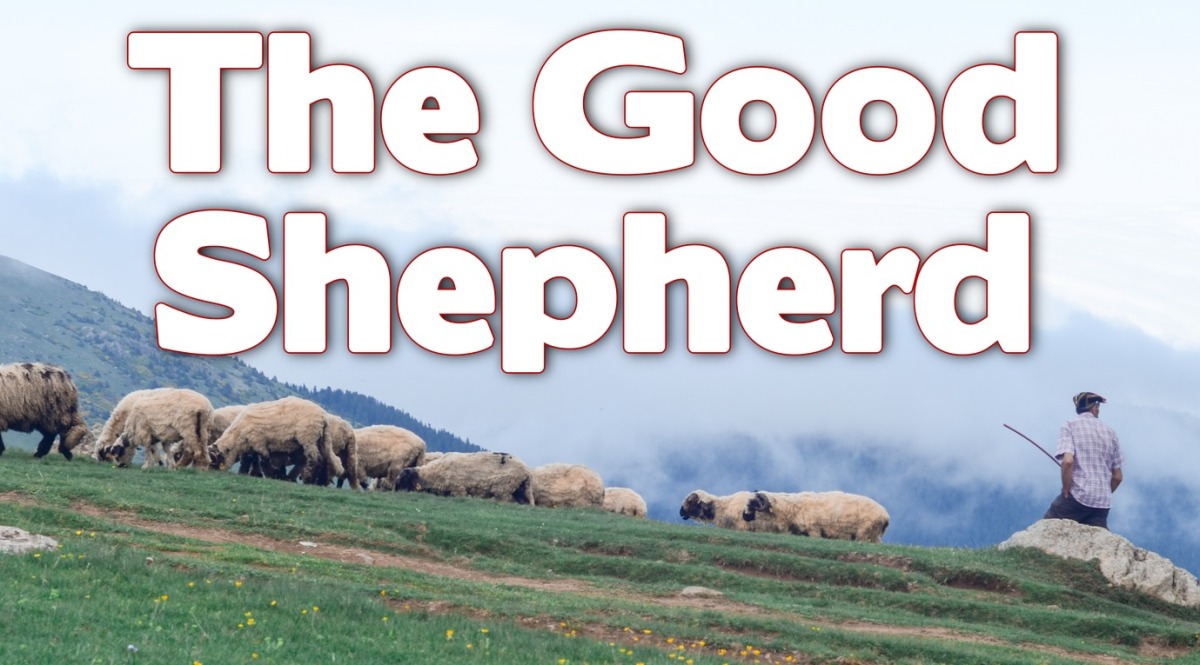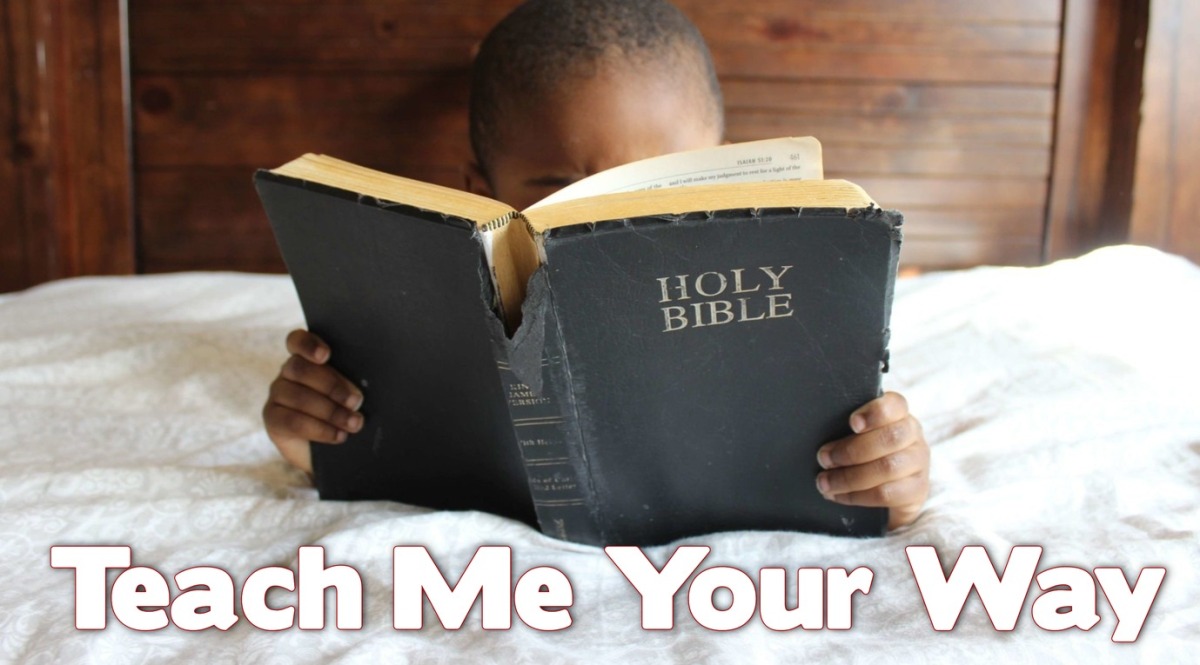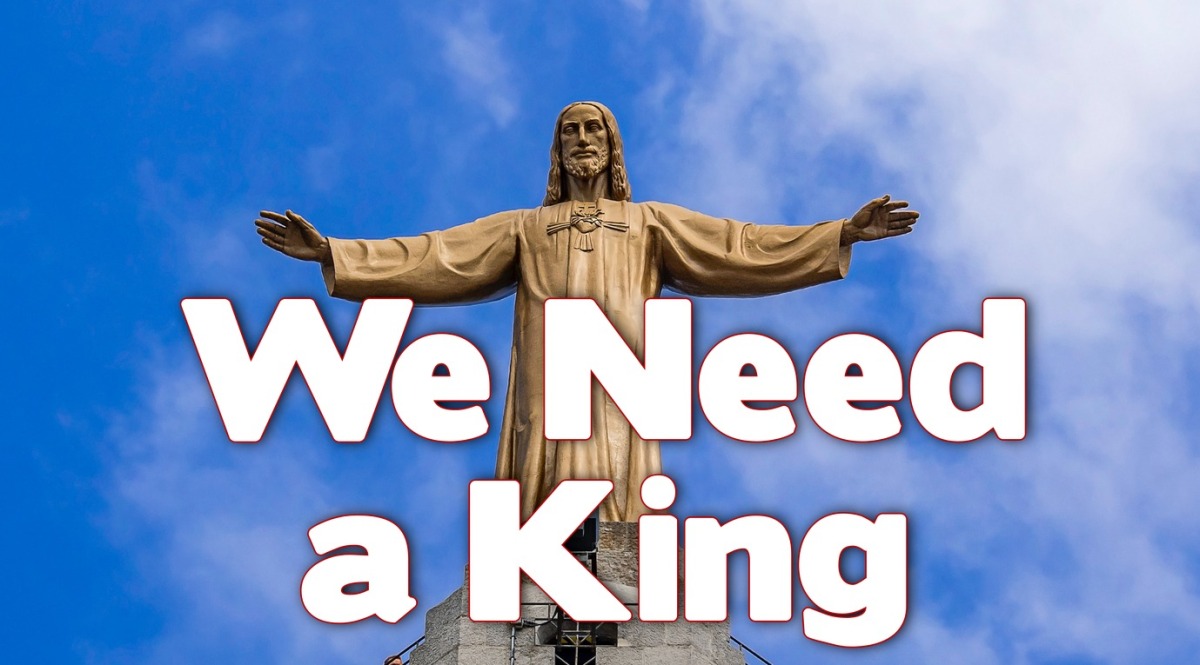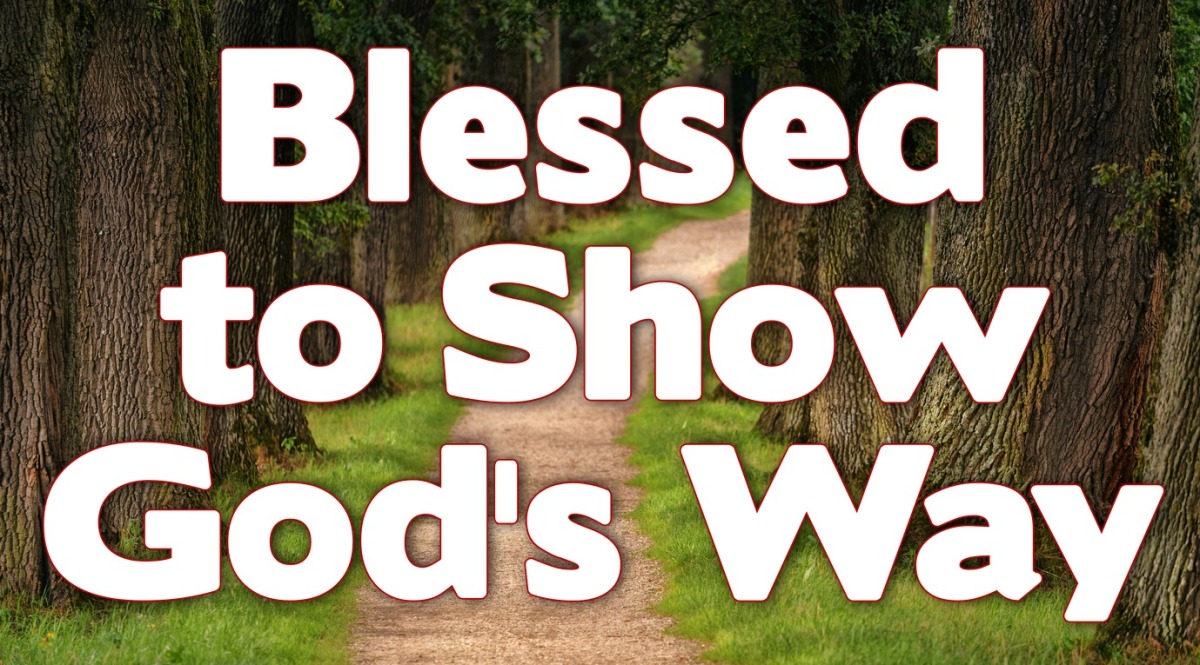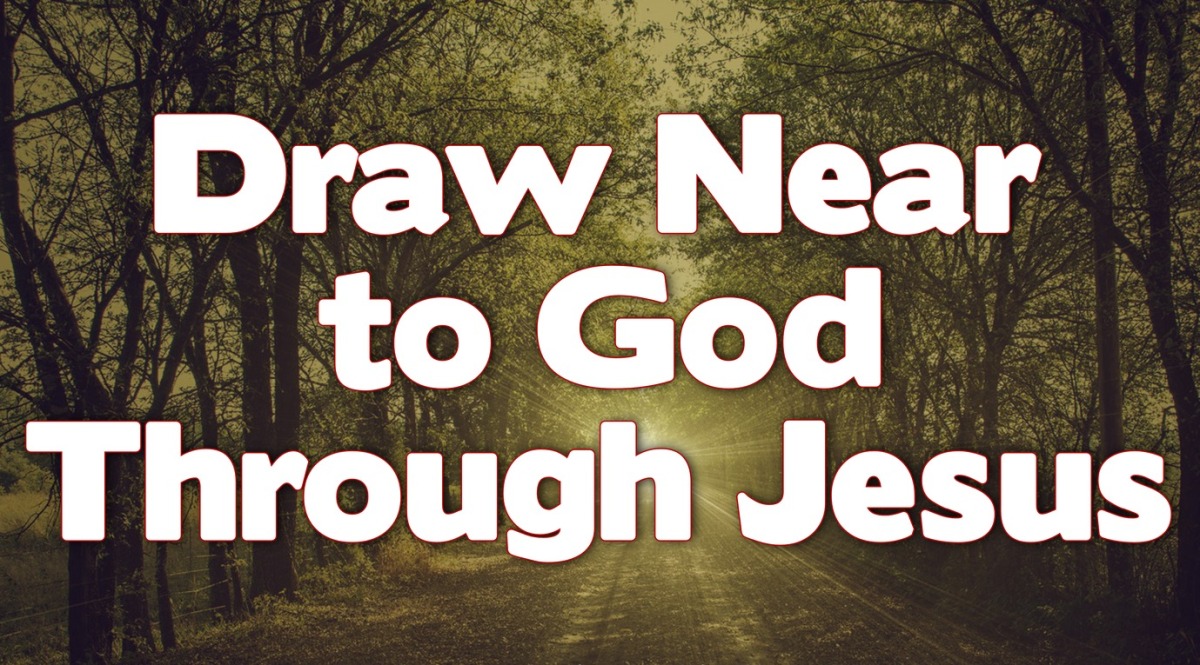Today’s reading is Psalm 101.
About a hundred psalms ago, the psalmist declared:
Blessed is the man
who walks not in the counsel of the wicked,
nor stands in the way of sinners,
nor sits in the seat of scoffers…
Psalm 1:1 (ESV)
Now, a hundred psalms later, David makes that opening psalm personal. He will not simply declare some no-name person out there is blessed if that person refuses to walk with the wicked. He commits to the God of steadfast love and justice that he personally will not walk with the ungodly. He will avoid the counsel of the wicked, the way of the sinners, the seat of the scoffers.
As king, David must be very careful of his counselors, advisors, ministers. Bad advisors would not simply lead him astray, but the entire nation. He would not associate with slanderers or the haughty. He would not allow liars to continue as his counselors or even remain in his house. In fact, not only would he not allow them in his administration, he would cut them off from the land.
You and I are not kings, but is that any reason to hang out with the wicked? Of course, those who care for the lost are right: we cannot bring the gospel to the lost if we hole up in supposedly holy enclaves, always avoiding those still in their wickedness. We could not have been saved if some righteous person had not interacted with us while we were still in our sins. True, Jesus ate with tax collectors and sinners. However, be clear: He did so because the tax collectors and sinners came to Him to be influenced by Him, not because He came seeking their approval. When the worldly become our best friends, we are in danger. As Psalm 1 said, their direction, guidance, counsel will not draw us closer to God, but lead us to the way that perishes.
We are not in governing roles making judicial decisions about the wicked, therefore we will not exercise some of the extreme judgments the king claims in this psalm. We may not destroy slanderers and liars, but we must destroy their influence in our lives. We may not cut off evildoers from the land, but we must cut off their counsel in our behaviors.
Be prepared. They will be surprised when we do not join them in their flood of debauchery. They will malign us (see 1 Peter 4:3-4). But God is just and they will give account to Him.
Let us refuse to walk with the wicked.
Tomorrow’s reading is Psalm 101.
PODCAST!!!
Click here to take about 15 minutes to listen to the Text Talk conversation between Andrew Roberts and Edwin Crozier sparked by this post.
PATHS:
Discuss Today’s Meditation with Your Family
How does Psalm 101 prompt or improve your trust in God?

